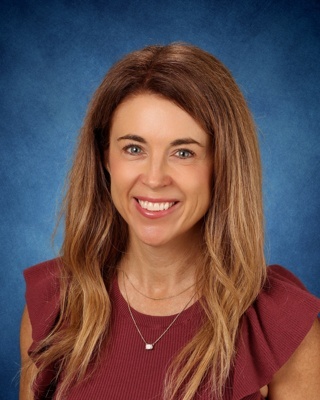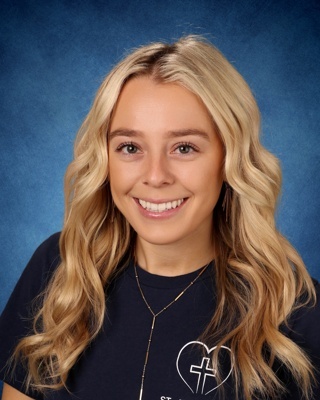
Robin Ramos
Kindergarten

Robin Ramos
KindergartenRobin Ramos, St. James School’s Kindergarten teacher, earned her Bachelor of Arts in Liberal Studies from San Francisco State University in 2002 and her California Teaching Credential with a CLAD certification in 2003 from the same institution. She has been in education for 16 years as a classroom teacher and private tutor. Ms. Ramos was drawn to Catholic education because it allows her to intertwine the morals and values of Jesus’ teachings throughout all curricular areas.
Ms. Ramos has three children who all attended St. James School. She has been part of the school community since 2015 and loves the close knit family feel and community at SJS. It is important to Ms. Ramos to create a meaningful, fun, and positive learning environment for all types of student learners.









